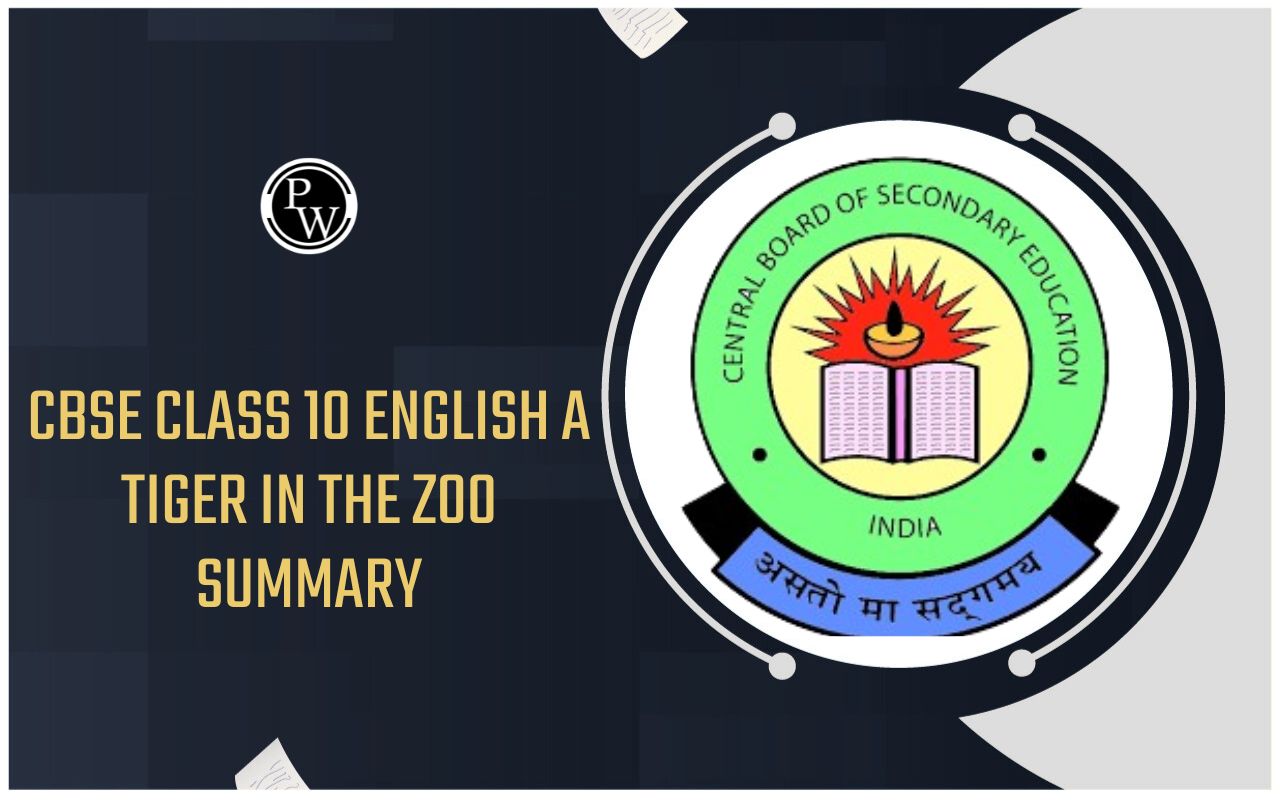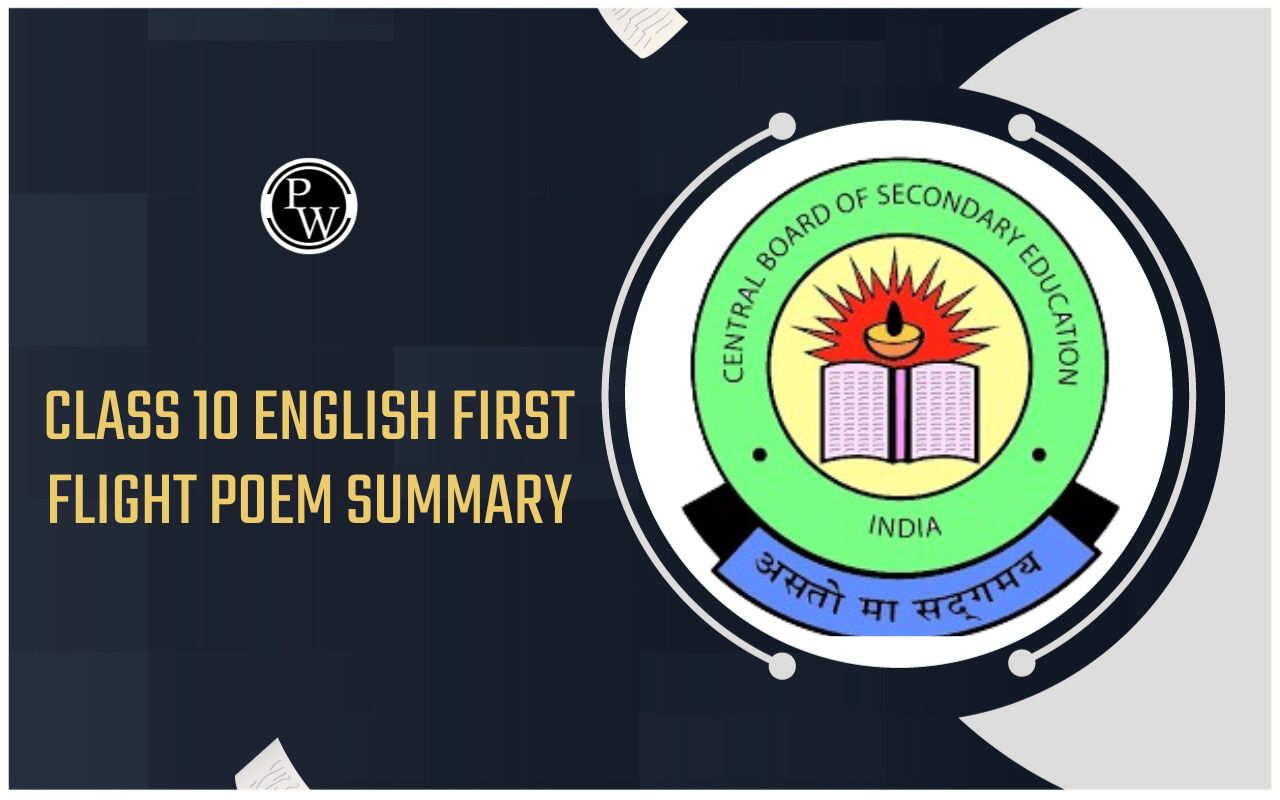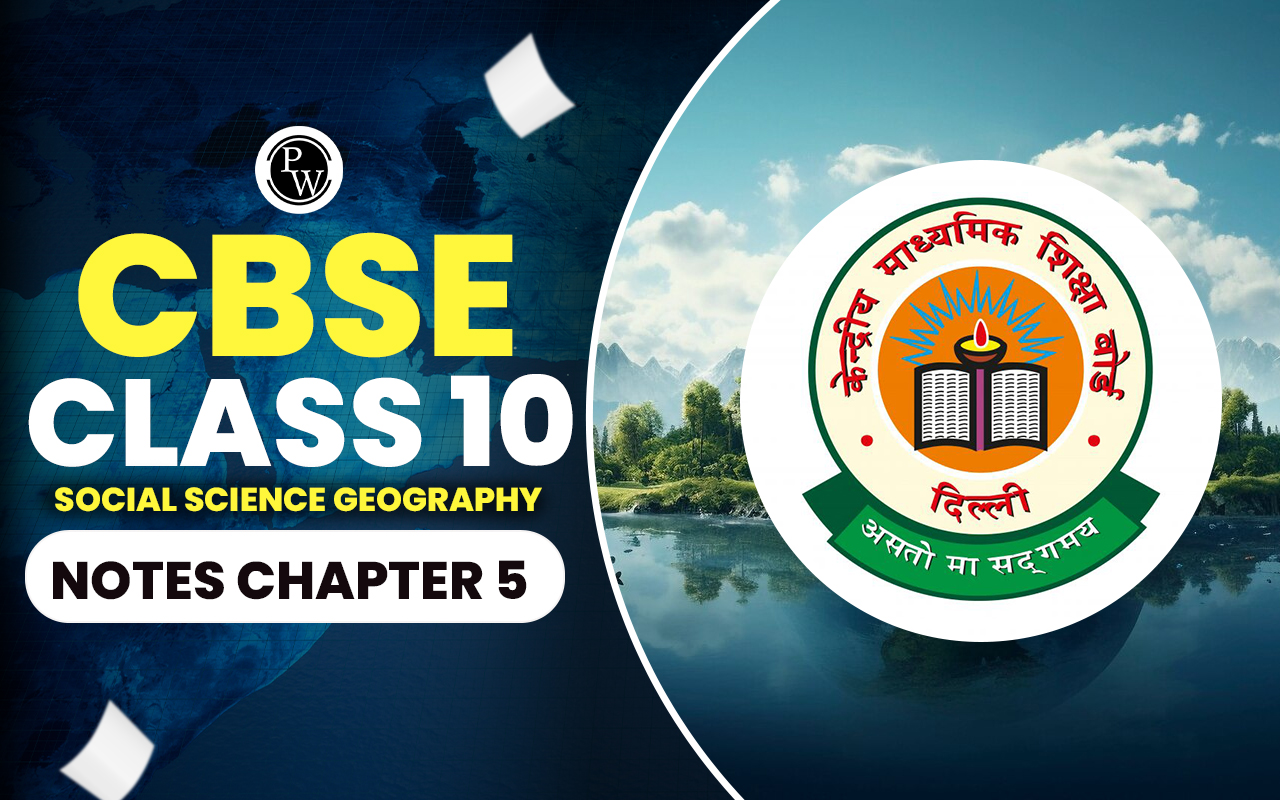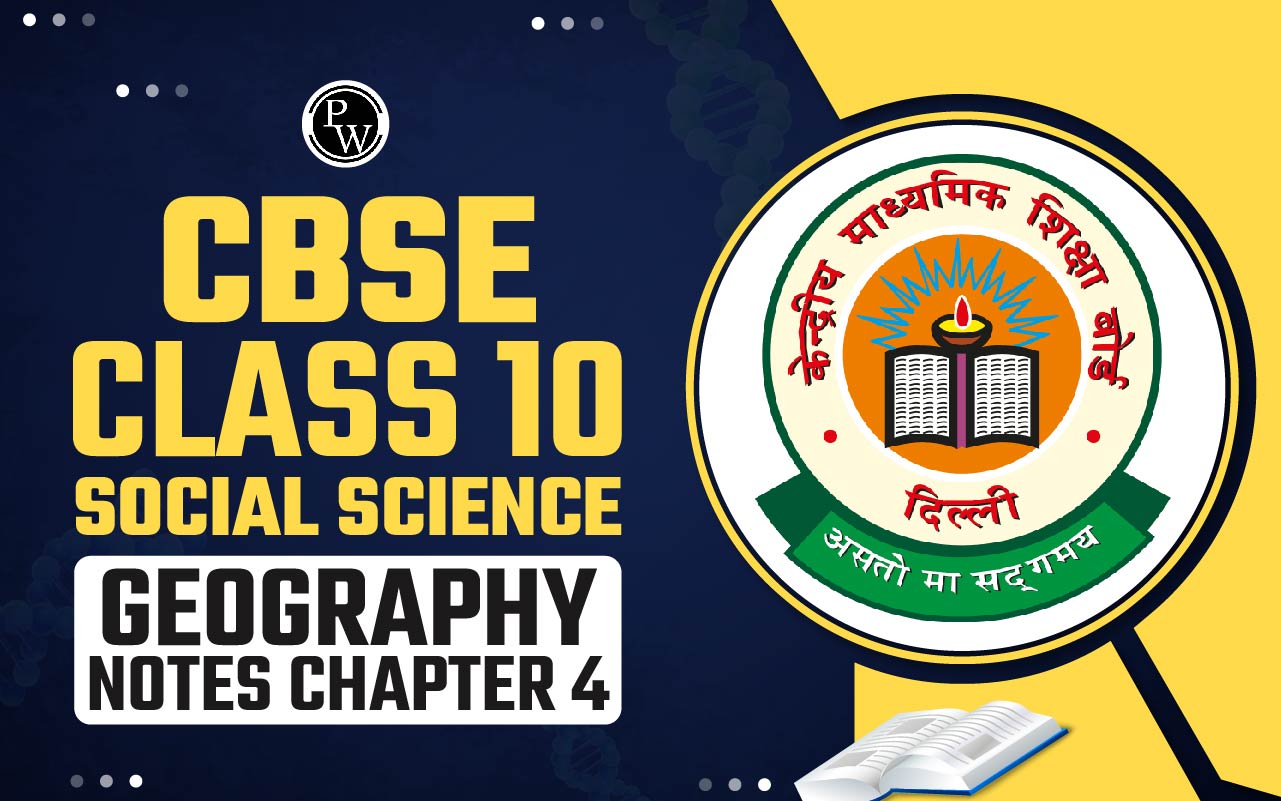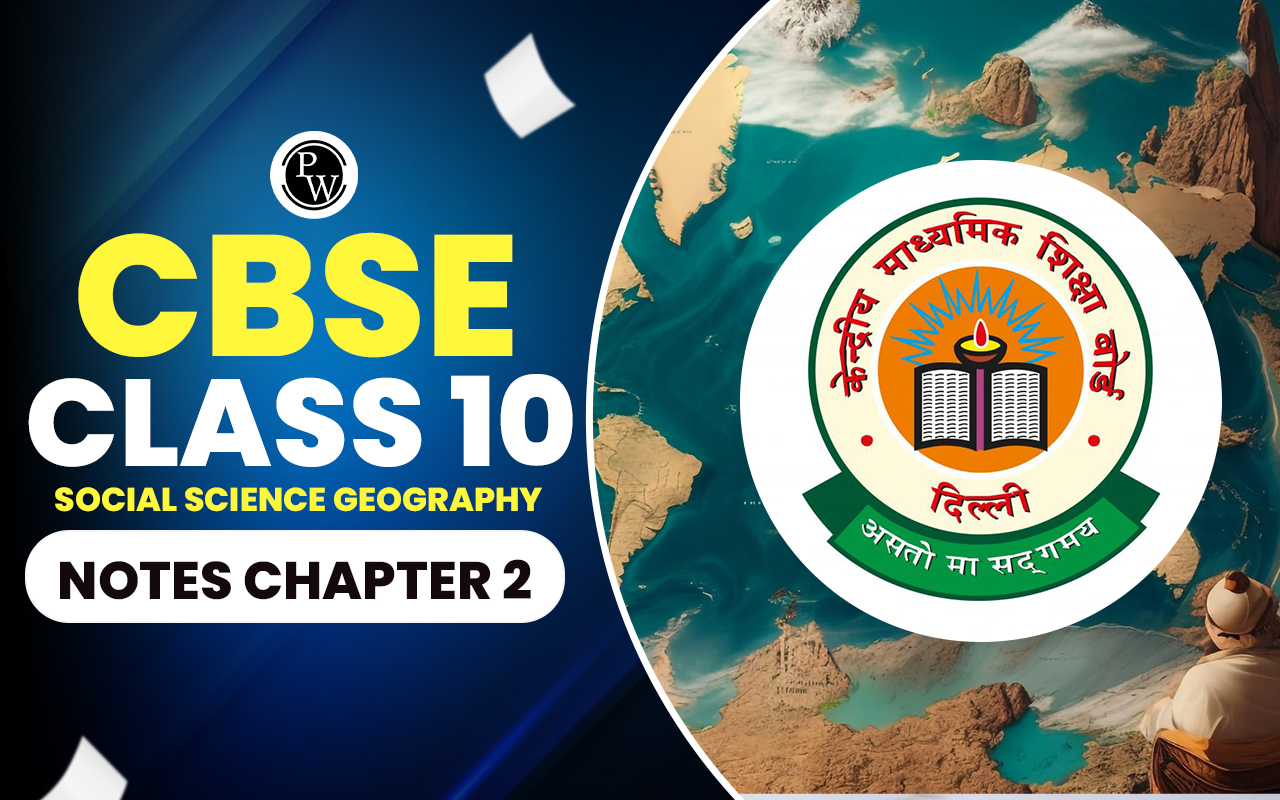
The Five Kingdoms Classification is important for understanding the fundamental differences between organisms in the natural world. It is a system of classifying all living things into five distinct categories: animals, plants, fungi, protists, and Monera.
This system has been used since the late 1800s and is a key part of modern scientific studies. This blog post will provide an overview of the Five Kingdoms Classification, describe its features, provide a brief history of the system, discuss the benefits of the classification, and discuss potential challenges associated with the Five Kingdoms Classification.Overview of the Five Kingdoms Classification
The Five Kingdoms Classification system is a widely accepted method of categorising the diversity of life on Earth. This system, developed by biologist Robert Whittaker in the late 1969s, divides organisms into five distinct groups known as Kingdoms: Animalia, Plantae, Fungi, Protista, and Monera. Each Kingdom consists of organisms with unique characteristics, including structure, metabolism, and life cycle. This classification system is important for understanding the relationships between different species and helps us better understand the diversity of life on our planet.Classification of five Kingdoms
Kingdom Animalia
Features of Kingdom Animalia
- The Kingdom Animalia is composed of multicellular, heterotrophic, and motile organisms.
- They obtain their energy from ingesting other organisms or organic matter.
- It includes vertebrates and invertebrates, ranging from microscopic protozoa to large mammals.
- They adapt themselves for locomotion.
- They can reproduce through sexual mode.
Plant Kingdom
Features of Plant Animalia.
- Plants are multicellular eukaryotes, distinguished by their ability to photosynthesise.
- Plants are found in many habitats, including aquatic, desert, and arboreal environments.
- Plants play an important role in the environment, providing food, oxygen, and structure for many other organisms.
- They also serve as a source of human materials, such as clothing, building materials, and fuel.
- They are autotrophic as the cell wall is made up of cellulose.
Fungi Kingdom
Features of Fungi
- Fungi are unique in their ability to break down and recycle organic matter, allowing them to play an important role in the global carbon cycle.
- Fungi reproduce using spores, which are produced by fruiting bodies.
- Fungi can form symbiotic relationships with plants and other organisms.
- Fungi are important sources of food for other organisms in their ecosystems.
- Fungi are filamentous and single-celled. And the cell wall is made of Hyphae
- Fungi are found in all environments, from the deepest oceans to the highest mountains, and play a key role in the health of our planet.
- The Fungi kingdom is a diverse group of organisms, including mushrooms, moulds, and yeasts.
- Kingdom Fungi include a diverse group of multicellular and unicellular organisms.
- Fungi decompose, breaking down organic matter, such as dead plants and animals, into simpler molecules.
- Fungi can be found in many shapes, sizes, and colours.
Kingdom Protista
Features of the Kingdom Protista:
- Presence of a nucleus: Protista are eukaryotic, which means they have a nucleus that contains their genetic material.
- Presence of organelles: Protista has various organelles that perform various functions, such as mitochondria for energy production and chloroplasts for photosynthesis.
- Most protists are motile: Protista typically has some form of locomotion, such as flagella or cilia.
- Protists are heterotrophic or autotrophic: Protists can be either heterotrophic, relying on other organisms for food, or autotrophic, producing their food via photosynthesis.
- Kingdom Protista is a diverse group of eukaryotic organisms found in most aquatic and terrestrial environments.
Kingdom Monera
Features of the Kingdom Monera
- They are Unicellular, lacking a nucleus and other organelles
- It Contains DNA as genetic material
- Reproduce asexually through binary fission
- Obtain energy through photosynthesis, respiration, fermentation, or chemosynthesis
- Secrete enzymes to help break down food molecules
- Often have a cell wall, flagella, and pili
- Can exist as either autotrophs or heterotrophs
- Archaea
- Bacteria
- Cyanobacteria
Benefits of the Five Kingdoms Classification
The Five Kingdoms Classification system is an important scientific method for understanding and classifying living organisms. This system was introduced by American microbiologist Robert Whittaker in 1969 and has been widely used in biology ever since. The five kingdoms in this system are Monera, Protista, Fungi, Plantae, and Animalia. The Five Kingdoms Classification system provides great insight into how living organisms are organised and classified. It is a valuable tool for studying evolutionary relationships, making predictions about species, and helping to understand the diversity of life on Earth. The system can also identify possible new species and aid conservation efforts by understanding which organisms are at risk of extinction. Additionally, it can help researchers understand how different species interact with each other in a given ecosystem. Overall, the Five Kingdoms Classification system has helped scientists better understand the different species of living organisms and their relationships with each other. This system has countless benefits and will remain an important resource for biologists for many years.Challenges of the Five Kingdoms Classification
The Five Kingdoms Classification is a fundamental concept in the scientific community used to classify organisms. Each Kingdom is divided into phyla, classes, orders, families, genera, and species. Despite its widespread acceptance, some challenges are still associated with the Five Kingdoms Classification. For example, there is debate surrounding the placement of certain organisms, such as viruses, in the classification system. Additionally, the system constantly evolves as our understanding of living organisms increases. The classification system must be regularly updated to reflect discoveries accurately. Finally, the vast diversity of living organisms makes it impossible to classify all of them using this system.Related Links -
Five Kingdoms Classification <span style=
Q: What is the Five Kingdoms Classification?
A: The Five Kingdoms Classification is a system of classification developed by Robert Whittaker in 1969 that categorises organisms into five broad groups based on shared characteristics. This system divides all living organisms into five kingdoms: Animalia, Plantae, Fungi, Protista, and Monera. The five kingdoms can be further divided into phyla or divisions.
Q: What is Kingdom Animalia?
A: Kingdom Animalia, also called Metazoa, is a major grouping of all animals. Animals in this Kingdom are multicellular, heterotrophic organisms with specialised cells and organ systems. They are typically motile and reproduce sexually.
Q: What is the basic unit of classification?
A: The basic unit of classification is the taxon or taxonomic group. Taxa are organised hierarchically from the general to the specific, with each level being more specific than the one before it. Taxa include species, genera, families, orders, classes, phyla, and kingdoms.
Q: What are the different levels of classification?
A: 1. Kingdom
Phylum
Class
Order
Family
Genus
Species
🔥 Trending Blogs
Talk to a counsellorHave doubts? Our support team will be happy to assist you!

Free Learning Resources
PW Books
Notes (Class 10-12)
PW Study Materials
Notes (Class 6-9)
Ncert Solutions
Govt Exams
Class 6th to 12th Online Courses
Govt Job Exams Courses
UPSC Coaching
Defence Exam Coaching
Gate Exam Coaching
Other Exams
Know about Physics Wallah
Physics Wallah is an Indian edtech platform that provides accessible & comprehensive learning experiences to students from Class 6th to postgraduate level. We also provide extensive NCERT solutions, sample paper, NEET, JEE Mains, BITSAT previous year papers & more such resources to students. Physics Wallah also caters to over 3.5 million registered students and over 78 lakh+ Youtube subscribers with 4.8 rating on its app.
We Stand Out because
We provide students with intensive courses with India’s qualified & experienced faculties & mentors. PW strives to make the learning experience comprehensive and accessible for students of all sections of society. We believe in empowering every single student who couldn't dream of a good career in engineering and medical field earlier.
Our Key Focus Areas
Physics Wallah's main focus is to make the learning experience as economical as possible for all students. With our affordable courses like Lakshya, Udaan and Arjuna and many others, we have been able to provide a platform for lakhs of aspirants. From providing Chemistry, Maths, Physics formula to giving e-books of eminent authors like RD Sharma, RS Aggarwal and Lakhmir Singh, PW focuses on every single student's need for preparation.
What Makes Us Different
Physics Wallah strives to develop a comprehensive pedagogical structure for students, where they get a state-of-the-art learning experience with study material and resources. Apart from catering students preparing for JEE Mains and NEET, PW also provides study material for each state board like Uttar Pradesh, Bihar, and others
Copyright © 2026 Physicswallah Limited All rights reserved.


